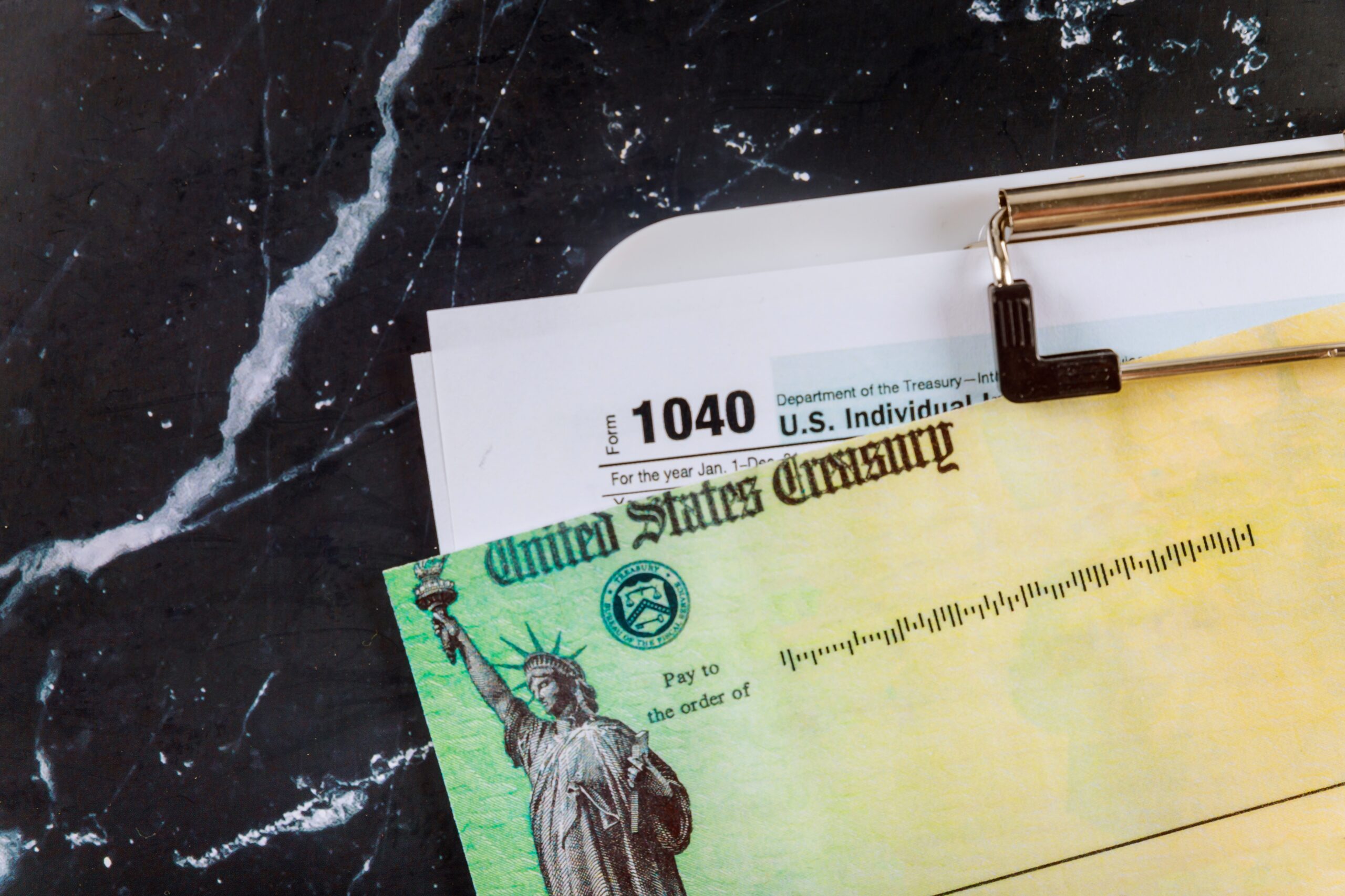If you’re wondering why your 2023 tax refund was so low, you’re not alone. Many people received smaller refunds this year than in previous years, due to several factors.
The End of an Era
One of the biggest reasons tax refunds were lower than normal was the expiration of COVID-era government tax credits and deductions. Those stimulus checks and tax credits that helped us through the pandemic are gone and, as a result, many people received smaller refunds in 2023.
These are several other tax breaks that also ended in 2022:
- Child Tax Credits: Parents with two children under six years old could claim $7,200 in child tax credits in 2021, but this amount was reduced to $4,000 in 2022. This change could reduce your refund by up to $3,200.
- Charitable Contribution Deductions: People who take the standard deduction were able to claim up to $300 (married couples filing jointly could claim up to $600) in charitable contribution deductions in 2021, but this deduction was not available in 2022.
- Capital Gains Taxes: Mutual fund managers sold profitable holdings in 2022, which resulted in capital gains taxes for investors in those funds. Investors with holdings in tax-sheltered accounts did not have to pay capital gains taxes.
- Unemployment Taxes: Many people who filed for unemployment in 2022 did not have enough taxes withheld from their unemployment checks, which resulted in bigger tax bills and smaller refunds.
To refund or not to refund. That is the question.
Many financial experts advise against aiming for tax refunds—or withholding more money from each paycheck than you need to. Instead, they may suggest that you could do more with that money if you invested it, rather than giving it to the government until you get it back during tax season.
However, others say getting a tax refund isn’t a bad thing at all, noting that it’s easier to get a refund than to try to calculate your taxes accurately and avoid owing money at the end of the year.
Whether you aim to receive a tax refund or not is up to you—there’s no right or wrong solution.
Maximize Your Refund
If you do decide to aim for a tax refund, there are a couple of things you can do to maximize your refund:
- File jointly if you are married.
- Take advantage of all available deductions and credits, such as the child tax credit and the child and dependent care credit.
While there are pros and cons to aiming for a tax refund, it’s important to make sure you are getting the most out of your tax return. Talking to a tax professional may help you understand your tax situation and take advantage of all available deductions and credits, save you money on your taxes and help you reach your financial goals.







